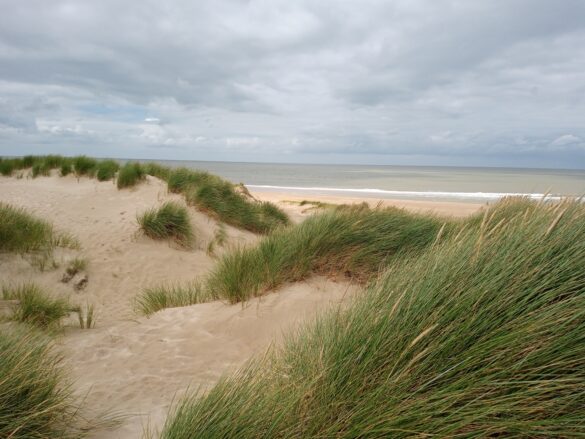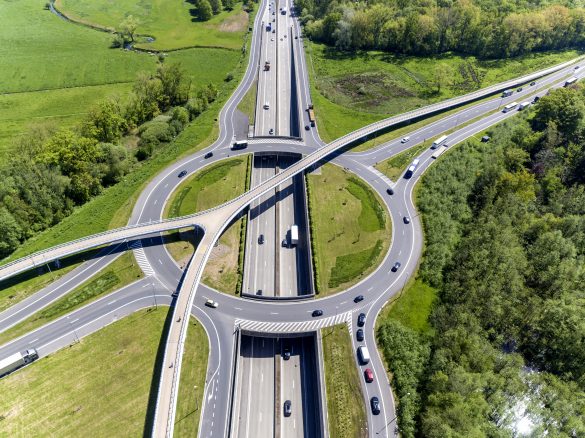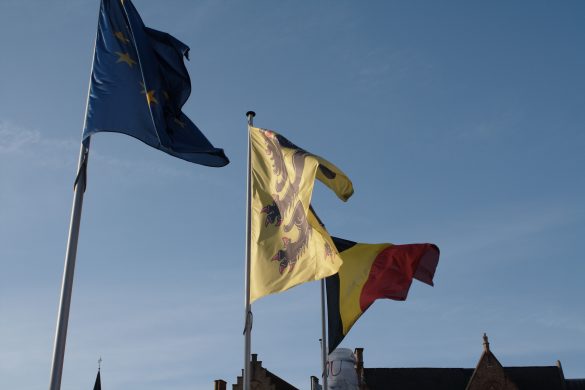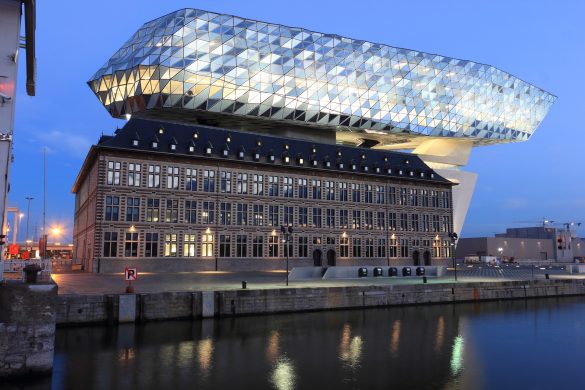Long-term transition approach integrating SDGs in delivery
Flanders is the Dutch-speaking northern portion of Belgium. Flanders, despite not being the biggest part of Belgium by area, is the area with the largest population (68.5%). For more than 25 years, the Government of Flanders has been developing future visions to strengthen policy coherence and guide innovation initiatives.
Sustainability has been a guiding principle for the future of Flanders for sometime. Flanders is focusing on the SDGs and Vision 2050 is actually the third Flemish Strategy for Sustainable Development (FSSD 3). This vision for the future outlines how Flanders should look in 2050: a social, open, resilient and internationally-connected Flanders, that creates prosperity and well-being in a smart, innovative and sustainable way, in which every individual counts.
FSSD 2 was the first strategy that took a long-term vision to 2050 and it was subject to a multi-stakeholder evaluation to form the building blocks of FSSD 3. In 2015, a literature review was also conducted to assess the relevant megatrends, including demographic, science and technology, ecological, economic, political and social trends, and how Flanders relates to them.
Launched in March 2016, FSSD 3 – Vision 2050 has a stronger sustainability focus than its predecessors and is also centrally concerned with transformation and doing things differently. It links other policies and strategies together and the Government of Flanders will work closely with all societal stakeholders in order to fulfil Vision 2050. It links several key areas of action initiated by the Government of Flanders: the seven transition priorities. The implementation of these transition priorities is cross-sectoral and in collaboration with innovators, entrepreneurs and stakeholders. Importantly, emphasis is on learning from experiments and innovative initiatives.
Transition priorities:
Circular economy
Smart living
Industry 4.0
Lifelong learning transition
Caring and living together transition
Mobility transition
Energy transition
Governance model
The future vision also projects a globally connected region that manages materials in a smart way, ensures prosperity and health with significantly less resources and materials than today. It entails a low-carbon, sustainable, reliable and affordable energy system and a robust water system that is able to mitigate environmental shocks.
Innovative approach
A phased approach was used to ensure the transition priorities were fully considered and understood. These phases are:
Phase 1: Further study and exploration of the transition – more consideration of the trends through roundtable discussions with stakeholders, interviews and idea exchanges
Phase 2: Vision and image-building from a transition space – considering education and jobs in 2050 to co-create a new narrative for education and labour market in 2050 and a transition pathway to get there.
Phase 3: Embedding and widening – living labs, experiments and dissemination – learning what works and what doesn’t and scaling up effective efforts across the administration and with societal stakeholders.
Transition managers will guide action against the seven priorities. The Public Governance department and the Chancellery act as coordinator, will monitor the long-term vision with a committee of experts on sustainable development, and will produce an annual report on progress of the transition priorities.
The Chairman’s Board of the Flemish public administration will also play an active role, organising a joint consultation at least once a year to create a reflective dialogue between the government and partners. Progress of the transition priorities, problems and opportunities, coherence between the seven areas and long-term coordination will be the main points of discussion. This process will guide any insight into how the priorities need to be adapted or updated.
The Government has identified an internal cultural shift with sufficient financing for the transition priorities and a sufficient mandate for the transition managers as the critical success factors for Vizier 2050. An operating budget for each priority of 150,000 to 200,000 euros (per transition per year) has been identified, with additional budgets required for innovative projects and experiments.
Each transition priority was allocated a responsible Minister, transition manager and delivery unit. A transition platform and relevant stakeholders were also identified. An action plan for each area was drawn up with stakeholders and includes an investment plan.
Aligning Vision 2050 with the SDGs – Vizier 2030
Following the long term strategy on sustainable development, Vizier 2030 has been established as the translation of the SDGs into the Flemish subnational level. The 2030 objectives are aligned with Vision 2050 and as with Vision 2050, the objectives framework of Vizier 2030 and the related indicators are evolutionary and dynamic.
The elaboration of the Flemish 2030 objectives framework took shape through a phased, cross-policy project, coordinated by the Department of Chancellery and Administration. The government-wide Sustainable Development Working Group (WGDO) managed the five phase process:
Phase 1: Following 3 workshops in March 2017, WGDO listed and analysed relevant long-term objectives (with 2020 and beyond)
Phase 2: In May 2017, the reasons, characteristics and trajectory of the 2030 objectives were communicated to the Flemish Government
Phase 3: During the remainder of 2017, work meetings on clusters of SDGs continued to develop a proposal for the 2030 framework and “Vizier2030 – A 2030 objectives framework for Flanders “(VR 2018 0903 DOC.0204), was adopted on 9 March 2018 approved in principle by the Flemish Government.
Phase 4: Strategic advice boards and interested parties were consulted and following stakeholder consultation Vizier 2030 was amended and updated.
Phase 5: Approval of the updated Vizier 2030 was given in February 2019.
Vizier 2030 – a 2030 objectives framework for Flanders contains 48 objectives. To make the link with Vision 2050 clear, we cluster the Flemish 2030 objectives according to the precondition of Vision 2050: for an inclusive society, through a new economy, within the ecological limits of the planet, with an open and agile government in partnership.




